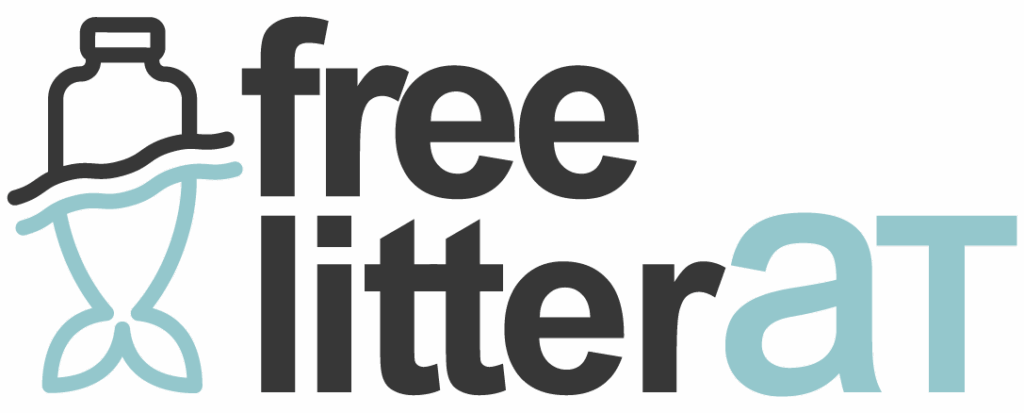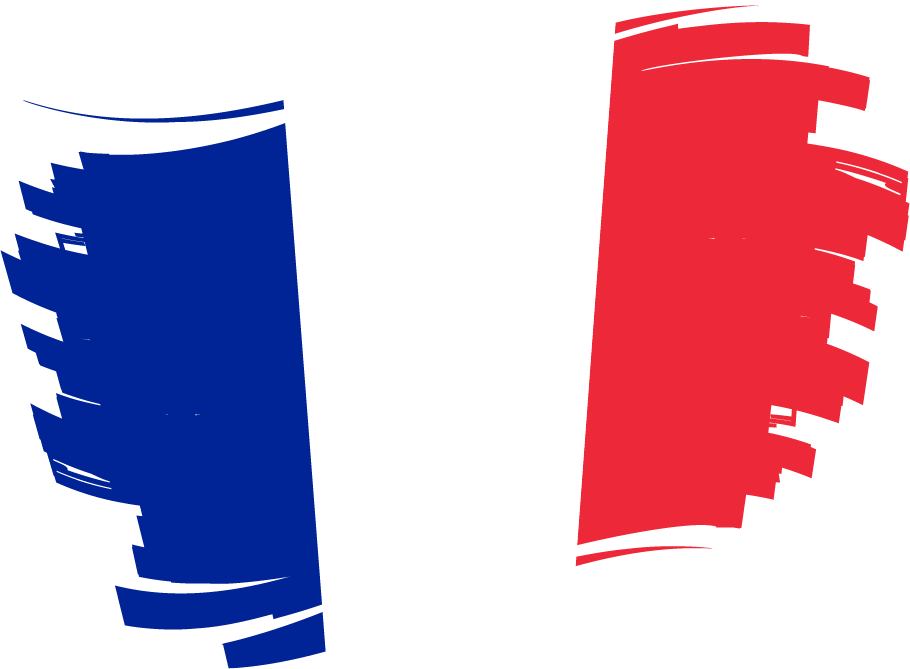![]()
Repescaplas
![]()
During the project, 46 volunteer fishermen participated along with 32 vessels operating across 4 different ports. Initial collection expectations were exceeded and demonstrated a strong commitment from fishermen to reduce plastic pollution in marine ecosystems.
During fishing operations, plastic waste coming in the fishing gear is stored in big bags at the vessels and afterwards deposited at the port, where it is weighed, labeled, and temporarily stored. The waste is then classified by type, and samples are taken for laboratory analysis.
The samples, primarily composed of polyethylene, PET, and polyamides, undergo optical separation and are subjected to pyrolysis. This process produces a solid fraction for activated carbon and a liquid fraction that can be valorised as fuel. Finally, the recycled materials are incorporated into new products or used as an energy source.
Type of waste : Waste Incidentially Fished (WIF)
Quantity of waste : First year: > 3 tons and nearly 8,000 items. Second year: 5 tons
Infos
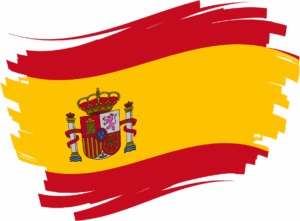
Results
Three demonstrators have been developed using this recycling system. A composter has been manufactured from low-density polyethylene (LDPE), incorporating 50% recycled material and marine litter. With PET, various merchandising items - such as trash bins, clipboards, and planters - have been produced to promote the project, utilizing both recycled material and marine waste. Additionally, through chemical recycling by pyrolysis of the mixed waste fraction, a fuel has been obtained that can be used by the vessels themselves.
Initiatives to discover
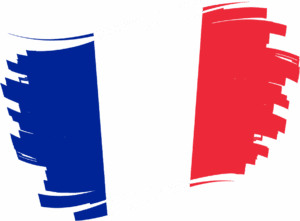
FILIPECH

Gravity Wave
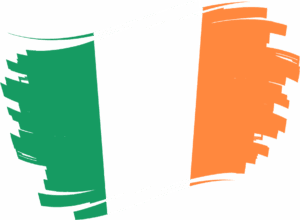
IFF Plastics

Oyster Bag Waste Management

Repêchons les Océans

SAO Textile

